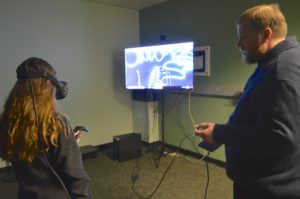Student Powered Solutions to roll out more options
When the 2018-2019 school year begins, our Student Powered Solutions (SPS) program will roll out new options for participating that are designed to accommodate varying levels of experience with Project-Based Learning well as different financial and time constraints.
SPS program staffers introduced the new options to interested educators at a May 30th information session and will host prospective business partners for a similar briefing in June. The May session drew both past SPS participants as well as educators who wanted to learn about the program and the support it offers for PBL.
Since its inception more than two years ago, SPS has connected schools with companies and other organizations willing to offer real-world projects as classroom assignments. As part of the program, SPS staff have supported educators in implementing PBL and served as their liaisons with companies. In the past year, SPS also began offering formal training in PBL.

To learn how a typical SPS experience is organized from beginning to end, attendees watched a video of a project students undertook in the past year with Carnegie Mellon University’s Entertainment Technology Center.
“Beginning in the fall, we’re going to be offering some different options because we’ve found that some of you have different needs and we’re trying to accommodate them,” Consortium Director of Organizational Advancement Jackie Foor told attendees. Broadly speaking, educators can opt for different levels of training, varying degrees of classroom support and different levels of engagement with business partners, she said, referring to a handout on the new SPS options. The different levels also would carry different program participation fees, Foor said. (Educators interested in more information can contact the Consortium.)
In addition to describing program changes, SPS staffers briefed educators on the ways PBL can improve student achievement and career preparation. Among other things, there’s research suggesting PBL can improve standardized test scores, problem-solving ability and other soft skills such as communication and collaboration. By supporting students in these areas, PBL also can help schools meet new state standards around career and college readiness, SPS staffers told attendees.
Veterans of the SPS program also shared some of their own thoughts on PBL. Several said that the biggest hurdles for students to get over were understanding that there were no single right answers to the problems they’d tackled and their teachers had no specific solutions in mind nor any specific approaches.
“I just had to keep pushing them and telling them I didn’t know the answer either,” said Doreen Tabb, a Woodland Hills teacher whose class worked with the marketing firm for Remake Learning on ways to attract more parents to Remake Learning Days. That the students kept turning to her out of habit “was frustrating,” she said. But Tabb also said that seeing her students make their final presentations and their visible pride of accomplishment afterward, “made it all worth it.”






